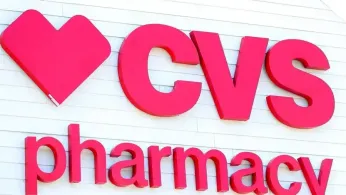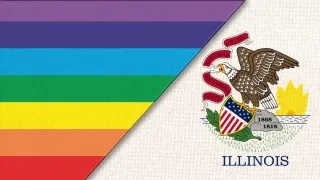
4 hours ago
CVS Health Refuses Coverage for Highly Effective HIV Prevention Drug Yeztugo
READ TIME: 3 MIN.
In June 2025, the U.S. Food and Drug Administration (FDA) approved Yeztugo (generic name: lenacapavir), a new pre-exposure prophylaxis (PrEP) medication developed by Gilead Sciences, designed to drastically reduce the risk of sexually acquired HIV in adults and adolescents weighing at least 35kg . Unlike existing PrEP options that require daily pills or bi-monthly injections, Yeztugo is administered twice yearly by injection, making adherence easier for many individuals at risk . Clinical trials demonstrated that Yeztugo is greater than 99 percent effective in preventing HIV infection, marking it as a potential game-changer in the ongoing effort to end the HIV/AIDS epidemic .
Despite its groundbreaking potential, CVS Health announced on August 21, 2025, that it would not include Yeztugo in its commercial drug plans or cover it under Affordable Care Act (ACA) formularies . CVS spokesperson David Whitrap explained the decision was based on “clinical, financial, and regulatory factors,” noting that the drug’s annual retail price—set by Gilead Sciences at $26,218—was a significant consideration .
The company emphasized that current HIV prevention recommendations from the U.S. Preventive Services Task Force, which inform HHS mandates, only include three established options: generic Truvada, Gilead’s Descovy, and Pfizer/GSK-backed ViiV Healthcare’s injectable Apretude . Yeztugo, although FDA-approved, has yet to be added to these guidelines, which further impacts its coverage status.
HIV prevention advocates and LGBTQ+ organizations responded swiftly, warning that the benefits of Yeztugo cannot be realized unless the medication is widely accessible through insurance or government programs . Many called CVS Health’s decision a setback for public health and a “clear violation” of the ACA’s intent to make preventive care accessible to those who need it most .
Advocates stressed that access to effective PrEP options is especially critical for marginalized communities—including gay, bisexual, transgender, and nonbinary people—who experience disproportionately high rates of HIV and face barriers to consistent healthcare . The twice-yearly dosing schedule of Yeztugo was hailed as a major advancement for those who struggle with daily medication adherence due to stigma, unstable housing, mental health challenges, or other factors.
The exclusion of Yeztugo from CVS coverage plans is expected to further entrench disparities in HIV prevention, particularly among LGBTQ+ individuals, Black and Latinx communities, and people living in poverty . As the largest pharmacy benefit manager in the U.S., CVS plays a pivotal role in determining which medications millions of Americans can access affordably .
LGBTQ+ health organizations have called for urgent action to ensure that groundbreaking treatments like Yeztugo are not reserved for those with the financial means to pay out-of-pocket. The pricing controversy also shines a spotlight on the role of pharmaceutical companies in setting access barriers, with Gilead’s pricing strategy facing scrutiny for potentially undermining the drug’s public health impact .
Gilead Sciences stated its intention to achieve 75 percent access within six months and 90 percent within 12 months, though it remains to be seen how and when broader coverage will be implemented . Meanwhile, LGBTQ+ advocates are urging federal agencies and policymakers to update preventive service guidelines to include Yeztugo, and to take steps that would make all effective HIV prevention drugs universally accessible.
As the debate continues, the CVS Health decision underscores the ongoing challenges faced by LGBTQ+ people and others at high risk for HIV, and highlights the need for inclusive, science-based healthcare policies that prioritize public health over profit. Organizations and individuals are encouraged to follow updates from trusted sources and to advocate for equitable access to the full spectrum of HIV prevention options.






